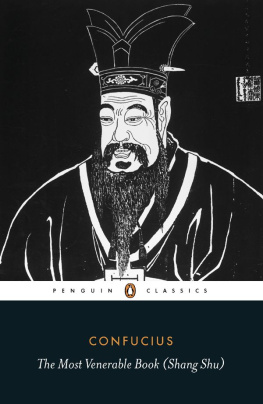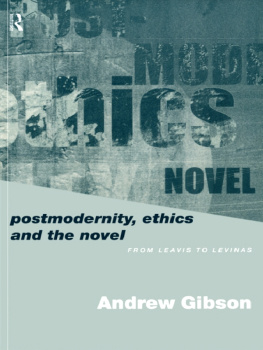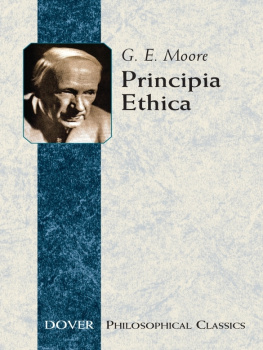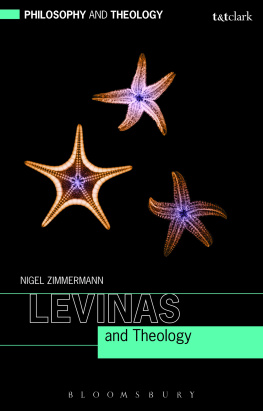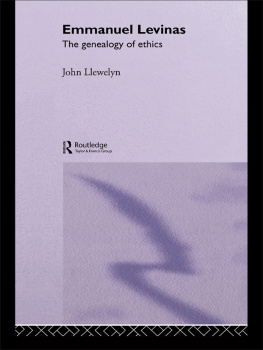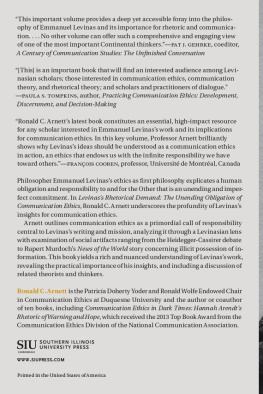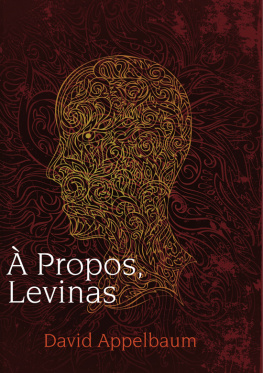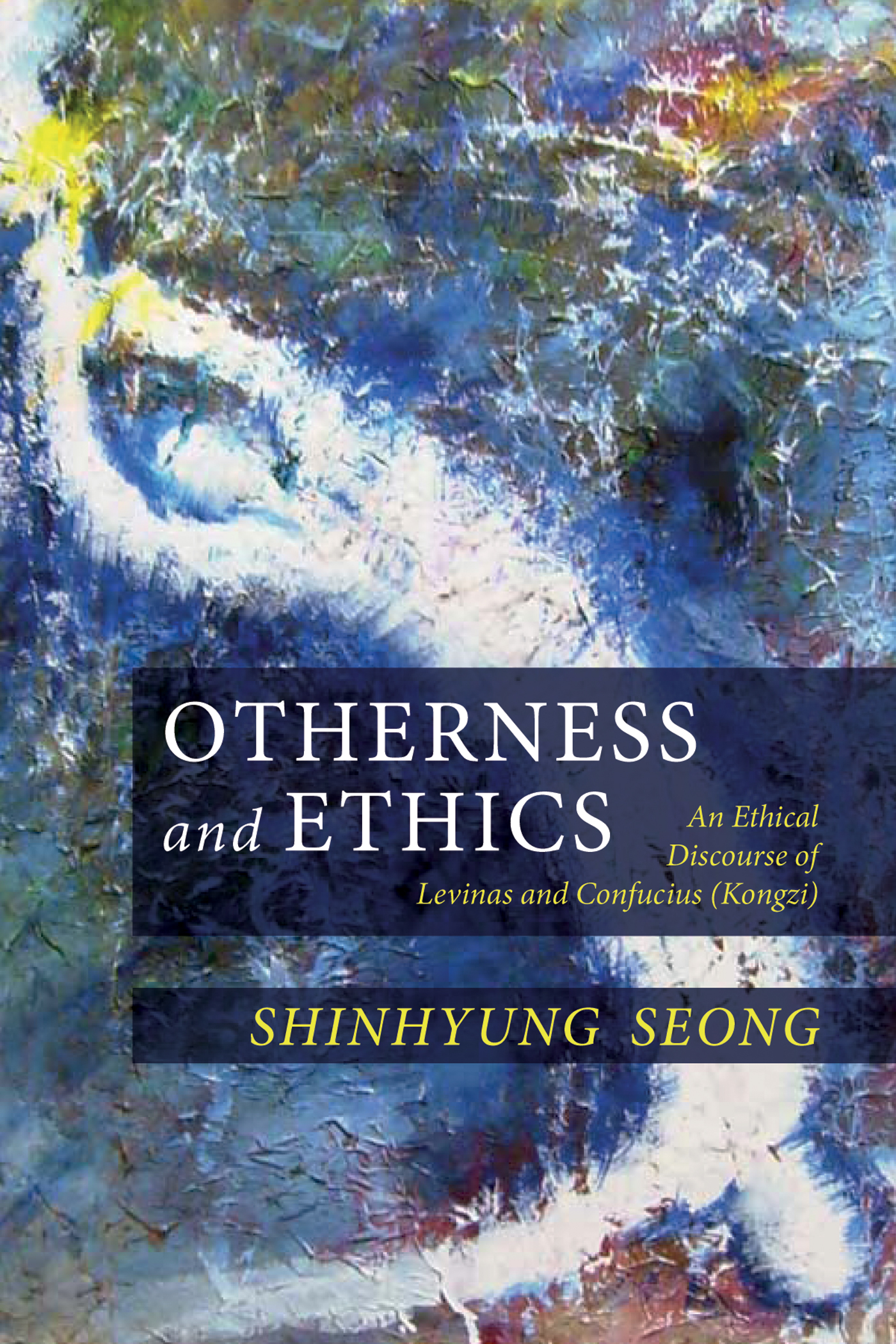T his is the most joyful moment for me to say thank you to those who have supported my writing and to express how grateful I am for all those who have supported my work, not only academically, but also spiritually and mentally. To begin with, I have to express my appreciation to those who aided my academic improvement. Dr. Brent Waters, advised my scholarship, inspired me to ask the significance of otherness in the study of ethics. He encouraged me to ask the question of the significance of otherness in the study of ethics. He encouraged me to continue asking this question, narrowing it down into a more specific comprehension of humanity. He had taught me simplicity, clarity, and accuracy in writing. He had led me to continue my academic journey with understanding and tolerance in every step of my academic work. Dr. Anne Joh opened my eyes, leading me into the realm of Asian American theology and cross-cultural/contextual theology. She showed me the academic similarity and difference between various ethnic groups in the United States as an Asian American theologian. Dr. Brook Ziporyn had taught me sinology with his philosophical scholarship. He inspired me to compare both traditions, and encouraged me to continue reading Chinese classics in order to develop my academic ability further. Dr. Stephen Ray made me do my academic works more thoroughly and passionately. And Dr. Diane Capitani edited my writing with patience and kindness. As I was writing this, she and I had a meeting every week to review and improve my writing. Lastly, I have to say thank you so much to my family. My wife, Sooyoung, had dedicated her life to me, and finally, she accomplished this work through her hands. My sons gave me encouragement whenever I felt academically overwhelmed. As I reach this final goal I can say to them, I am very happy because of you, my love and my sons.
Introduction
Difference, Otherness and Ethics
A ccording to Mark C. Taylor, the history of society and culture is a history of the struggle with the endlessly complex problems of difference and otherness. People have been trying to conceptualize difference and otherness through culture, history, and society. These basic questions of the significance of otherness and difference inspire me to study the ethical manifestation of otherness, namely, the ethics of otherness . My argument is that the ethics of otherness is not simply initiated by the reciprocal human relation, but it comes from the acknowledgement and the recognition of the priority of otherness to mutual reciprocity. I will compare Emmanuel Levinas and Confucius (Kongzi) in order to develop my argument.
Whether or not Taylor intends to include the East Asian tradition in his definition of history, his definition is still legitimate for studying both the Euro-American and the East Asian traditions. On the one hand, East Asian religions and philosophies, like Confucianism, Taoism, and Buddhism, focus on human relatedness, harmony, and benevolence in and for humanity related to the comprehension of otherness. These interpretations of selfhood pose the question of otherness in this contemporary postmodern era as society becomes a more multicultural and global community. Humanity asks not only his or her motivation/action, but also the significance of others.
Among these questions of difference and otherness, the main question of this research is about the substance of who, that is the issue of moral agency, rather than the matters of what or why, related to the issues of moral action(s). Namely, the issue of moral agency is the keystone of this research in terms of the attempt to answer the question: Who is the doer of this action / these actions? This question is initiated by the issue of human agency instead of the concept of divine agency. Namely, the issue of moral agency is based on the comprehension of people and their moral actions, rather than a notion of moral sources that come from a divinity or a transcendental being. Based on this preliminary question, I explore the issue of moral agency as concentrating on the study of subjectivity and intersubjectivity. In particular, I explore the significance of intersubjectivity based on my reading of Emmanuel Levinas, and on Confucius (Kongzi) in the primitive Confucian tradition. Interestingly, although there is a huge chronological gap between Levinas and Confucius, about 2,400 years, they share several commonalities, such as their struggles for survival during warring periods, their understandings of human-relatedness, and the valuation of morality and ethics. Levinas started his philosophical study with his experience of the Holocaust. He argued against the limitation of ontology, and emphasized the magnitude of ethics based on his phenomenological discernment of the face of the Other. Confucius (Kongzi) lived during the Spring and Autumn period in ancient China. He criticized the cruelty of rulers, and tried to develop his own political philosophy based on human relatedness and benevolence ( ren ) in order to build an ideal society.
This book has two goals: a paradigm shift in philosophical studies from Euro-American centered approaches to cross-cultural approaches, and a communicative methodology between these two different traditions. Kwong-loi Shun observes in the comparative philosophy between Chinese (East Asian) and Euro-American that this study has been asymmetrical, that one side proceeds to the otherthat is, Euro-American philosophy has tried to interpret Chinese concepts, frameworks, and insights according to a Euro-American philosophical comprehension. Then, he attempts a shift of this asymmetrical comprehension of Chinese philosophy through his comparative study between Euro-American and East Asian, as he argues that Chinese philosophy can illuminate some ethical aspects into the Euro-American tradition in this global community. With these goals, the purpose of this book is not only to interpret Levinas from Kongzis ethical perspectives, but also to have a creative conversation about otherness and humanness. Hence, I explore their understandings of subjectivity; their appreciation of intersubjectivity or human-relatedness in terms of their assessment of the Other; and their ethical norms for responsibility in Levinas and human-heartedness or benevolence in Kongzi, as I regard the ethical gist of otherness.
Biographical Backgrounds
It is necessary to know about Levinas and Kongzi in order to understand how they developed their philosophical thoughts. Brief biographies of both help us not only grasp the historical backgrounds, but also understand their life struggles that made them inquire of philosophy and ethics. Both philosophers share common ground in their philosophies, in that they experienced extreme life-threatening situations during periods of warfare. They were compelled by these experiences to ask, What is at stake in humanity? and they tried to answer this question according to their own philosophical understandings of humanity and culture.
Levinas was born in Lithuania, a colony of Russia, to Jewish parents in 1906 . He traveled to Germany in 1929 in order to study philosophy, studied continental philosophies like phenomenology and existentialism, and settled down in France in 1930 to start his professional life. He loved to read Russian authors like Rushkin, Gogol, Dostoyevsky, and Tolstoy, and learned to read the Hebrew Bible and the Talmudic literatures. His experience of the Holocaust made him doubt the significance of phenomenology and ontology, and develop his philosophical thoughts concentrating on ethics. He greatly influenced Western philosophy, as he made philosophers examine the meaning of existence and subjectivity, time and human relation, the importance of language, and the question of God in his works like Existence and Existents ( 1947 ), Time and the Other ( 1947 ), Totality and Infinity ( 1961 ), Otherwise than Being or Beyond Essence ( 1974 ), and Of God Who Comes to Mind ( 1982 ). Also, he influenced theology, sociology, literature, linguistics, and others. In particular, the postwar French philosophy is indebted to his phenomenological interpretation of the other which became the seed for post-structuralism. After his death in 1995 , Derrida eulogized Levinas:


